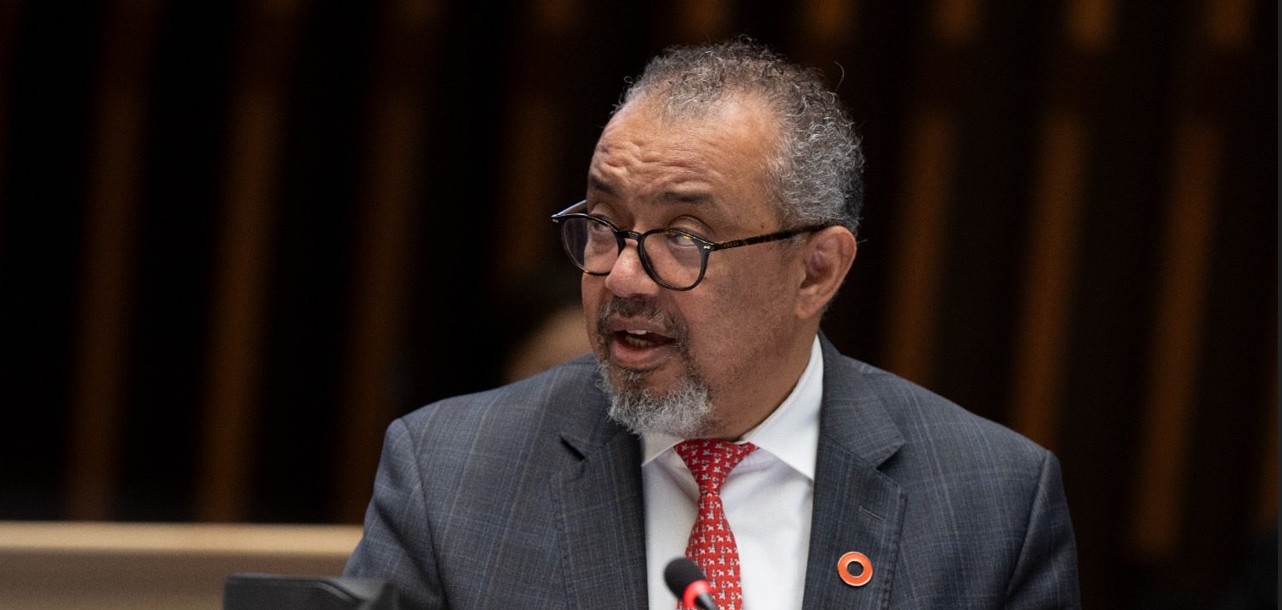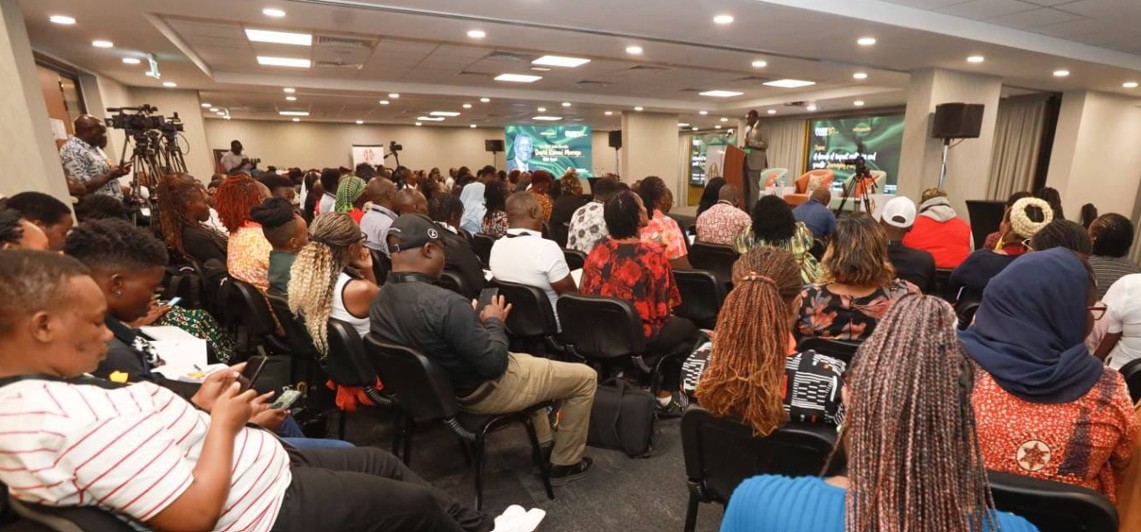Court rejects bid to block Joho's merchant shipping regulations

The court observed that the process of formulating the Merchant Shipping Regulations, 2024, was not only transparent but also participatory.
The Kenya Ships Agents Association (KSAA) suffered a legal setback after the High Court dismissed its attempt to block the enforcement of the Merchant Shipping Regulations, 2024.
The rules, introduced by Mining, Blue Economy and Maritime Affairs Cabinet Secretary Hassan Joho, govern maritime labour, transport operators, load lines, tonnage measurement, recognised organisations, and prevention of collision.
More To Read
- Nairobi to host EU-backed regional Maritime Security Week
- Kenya battles Nigeria, South Africa to keep IMO seat as Africa’s voice in global shipping
- MPs fault State officers over mismanaged road projects
- Transporters issue 7-day ultimatum over empty container backlog
- Government shifts cargo clearance to Nairobi, Naivasha in bid to decongest Mombasa Port
- Trader sues to block duty-free rice imports over lack of public participation
Justice Olga Sewe ruled that KSAA’s claims that the regulations were unconstitutional and void were without merit.
“The court has observed that the process of formulating the regulations was not only transparent but also participatory,” she said, noting that public input was sought and considered.
KSAA had also named the Kenya Maritime Authority (KMA), the Attorney General, and the National Assembly as respondents, while the Kenya Groupage Cargo Handling Association appeared as an interested party.
The association sought a declaration that the rules exceeded the Cabinet Secretary’s powers under the Merchant Shipping Act of 2009 and challenged a tariff framework published by KMA in August last year.
Justice Sewe found that KSAA had been informed of public participation workshops and asked to guide its members in submitting feedback, which was subsequently published on KMA’s website.
“A perusal of the MTO Regulations also reveals that it has an inbuilt complaint mechanism,” the judge added, concluding that the process was sufficient and inclusive.
The judge also affirmed that decisions by the KMA director general are open to review and judicial oversight, ruling that there was no evidence of constitutional violations or ultra vires actions.
On the tariff framework, Justice Sewe clarified that it is only a guideline for MTOs on reviewing tariffs and not a statutory instrument, so compliance with the Statutory Instruments Act was unnecessary.
Top Stories Today













































